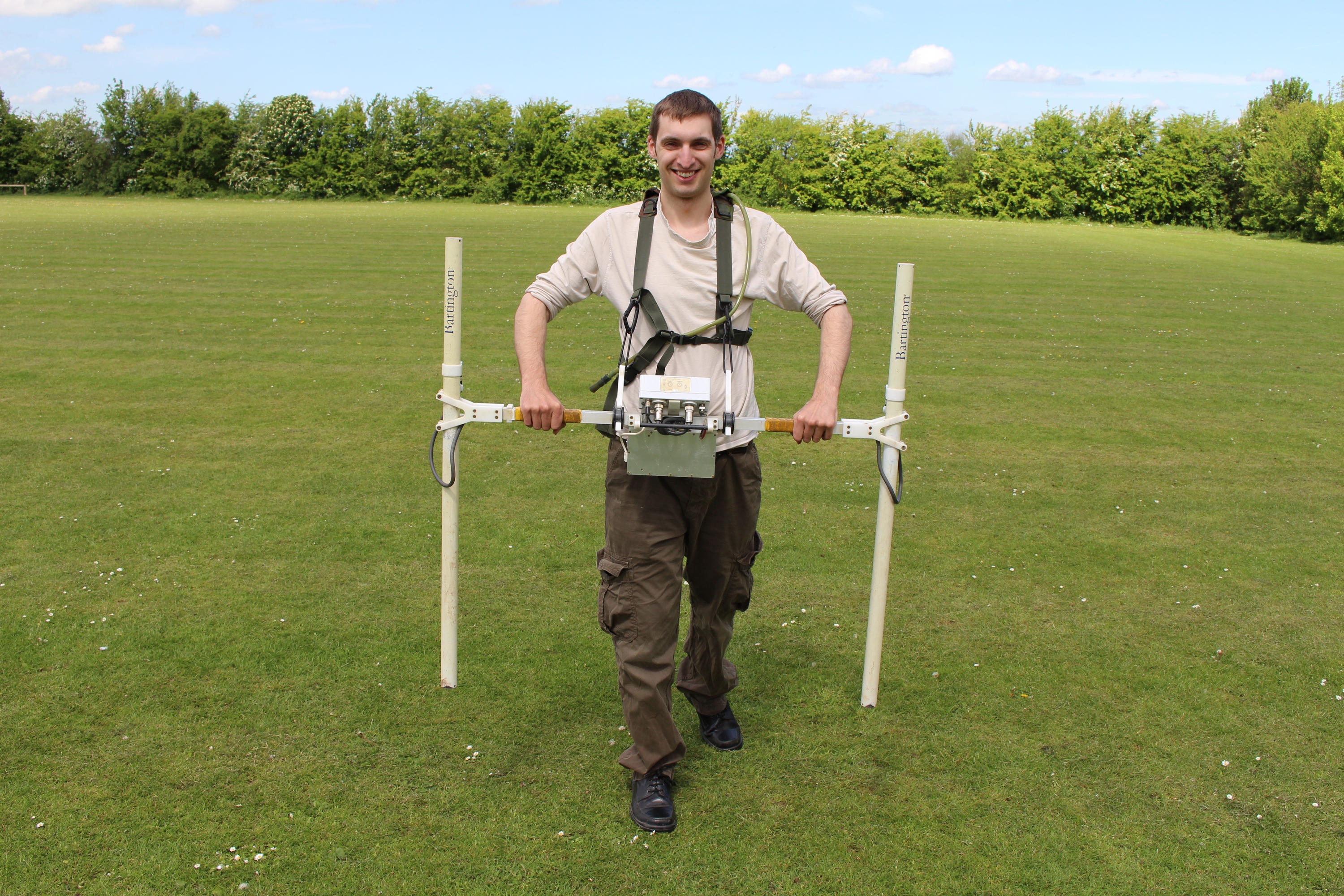All Categories
Featured
Table of Contents
Airborne Geophysical Surveys Of The Lower Mississippi ... in Hovea Australia 2020
Time piece from 23 to 25ns. This last slice is now practically all blank, but a few of the walls are still revealing strongly.
How deep are these pieces? The software I have access to makes approximating the depth a little tricky. If, however, the leading 3 pieces represent the ploughsoil, which is probably about 30cm think, I would guess that each slice has to do with 10cm and we are only getting down about 80cm in overall.

Thankfully for us, the majority of the websites we are interested in lie simply below the plough zone, so it'll do! How does this compare to the other techniques? Comparison of the Earth Resistance information (leading left), the magnetometry (bottom left), the 1517ns time piece (top right) and the 1921ns time piece (bottom left).
Definition: Geophysical Survey in Noranda WA 2023
Magnetometry, as gone over above, is a passive method measuring regional variations in magnetism versus a localised no worth. Magnetic vulnerability survey is an active technique: it is a measure of how magnetic a sample of sediment might be in the existence of an electromagnetic field. How much soil is tested depends upon the diameter of the test coil: it can be extremely little or it can be relatively large.
The sensor in this case is very small and samples a tiny sample of soil. The Bartington magnetic vulnerability meter with a large "field coil" in use at Verulamium during the course in 2013. Top soil will be magnetically boosted compared to subsoils merely due to natural oxidation and reduction.
By measuring magnetic vulnerability at a fairly coarse scale, we can find locations of human occupation and middens. Unfortunately, we do not have access to a reputable mag sus meter, however Jarrod Burks (who assisted teach at the course in 2013) has some exceptional examples. Among which is the Wildcat website in Ohio.
Geophysical Survey Permit Program in Huntingdale Aus 2021
These towns are frequently laid out around a main open location or plaza, such as this rebuilt example at Sunwatch, Dayton, Ohio. The magnetic vulnerability survey assisted, nevertheless, specify the primary area of profession and midden which surrounded the more open area.
Jarrod Burks' magnetic vulnerability survey arises from the Wildcat website, Ohio. Red is high, blue is low. The strategy is for that reason of excellent use in specifying areas of basic profession instead of identifying specific features.
Geophysical surveying is a used branch of geophysics, which utilizes seismic, gravitational, magnetic, electrical and electro-magnetic physical methodologies at the Earth's surface to determine the physical residential or commercial properties of the subsurface - Geophysics & Geophysical Surveys - Ahmed Rehan Hashmi in WA 2023. Geophysical surveying techniques normally measure these geophysical properties along with anomalies in order to assess various subsurface conditions such as the existence of groundwater, bedrock, minerals, oil and gas, geothermal resources, voids and cavities, and a lot more.
Latest Posts
What Geophysicists Do in Iluka WA 2023
Geophysical Survey Definition in Casaurina Oz 2021
Geology And Geophysics - Careers And Employment in Manning Aus 2022